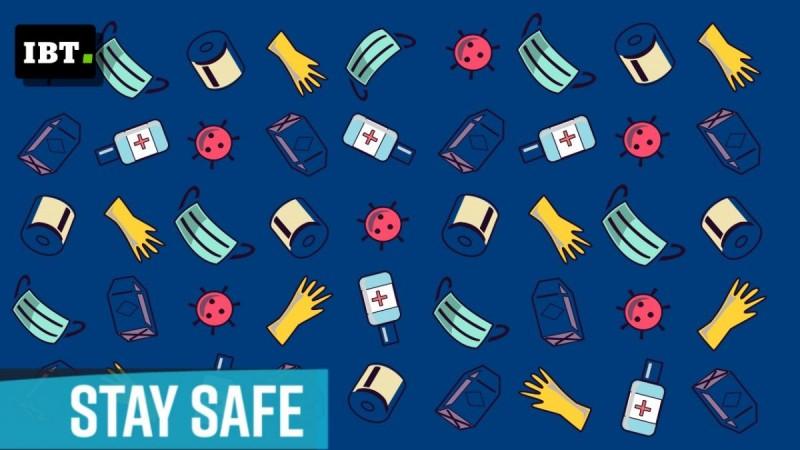The proliferation of single-use plastic products -- masks, disposable gloves, testing kits and hygienic wipes -- which rose sharply throughout the Covid-19 pandemic, has significantly affected the environment as well as wildlife, according to a study.
These personal protective equipment (PPE) have posed a direct threat to wildlife that become entangled in it, ingest it or incorporate it into their nests.
Researchers at Dalhousie University who are examining the extent of the problem used social media platforms to see if they could use them as a tool to collect biologically relevant citizen science data and track rapidly emerging environmental challenges.
In a paper, published in the journal Science of The Total Environment, the team recorded 114 incidents of animals being affected by PPE debris in 23 countries from April 2020 to December 2021.

A significant majority of those encounters -- 83 per cent -- involved birds, while fewer affected mammals, invertebrates, fish, and sea turtles. About 42 per cent were entanglements, while 40 per cent showed animals using the debris in their nests.
"Widespread use and insufficient infrastructure, combined with improper waste management have resulted in an emerging category of litter," said Justine Ammendolia, Faculty of Graduate Studies, Interdisciplinary Studies at the varsity.
"With widespread presence in the environment, such items pose a direct threat to wildlife as animals can interact with them in a series of ways," Ammendolia added.
Shortly after the WHO announcement of the pandemic, reports of pandemic related litter items began to emerge in numerous countries including Canada, the US, and Germany.
Data from citizen science mobile application Litterati showed that from March to October, 2020 the UK had the highest proportions of discarded facemasks, gloves and disposable wet wipes in the countries for which data were available.

While the lowest proportion of pandemic-related debris were observed in Australia, it was inferred that national lockdowns resulted in reduced outdoor traffic that impacted debris presence.
Similarly, the relationship between strict lockdowns and street debris reduction was observed in South Africa, where street litter loads were reduced by three-fold during periods of lockdown.










